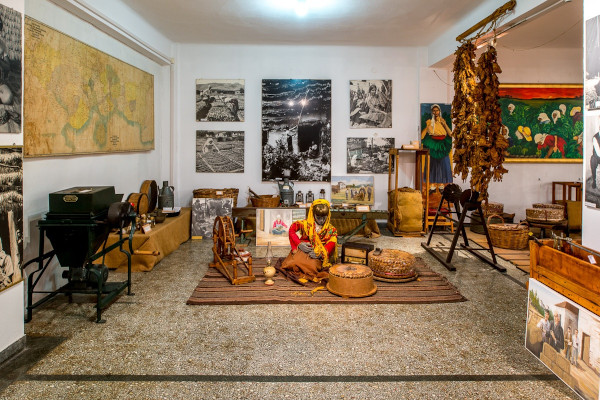The processing and the trading of tobacco was one of the most important chapters in the contemporary modern history of Kavala. It was an industry of huge economic significance for the city as well as for the whole area until the 1950s when it fell into recession because of the mass production in other countries.
The Tobacco Museum was founded in 2003 in order to shed light into a sector that affected the city and its inhabitants for many decades as well as in order to pay respect to all those workers, traders, and entrepreneurs who worked effectively in order to make Kavala one of the top tobacco trading cities in the world.
The building of the museum belonged to the Greek Organisation of Tobacco and the main goal of the museum is to show this part of Greek historic heritage that is extended from the end of the 19th century to the beginning of the 20th century.
The exhibits of the museum are divided into seven parts that show the cultivation of the plants, the process, the trading, the industry of tobacco but also the workers in the fields and their unions. One of the most interesting facts someone can see in the museum is the processing of tobacco with the classic machines, offering to the guest the chance to see the original procedure. There is also a library with books and articles that refer to the policies of the industry in that period as well as the influence of the factory in the economy of Kavala.
